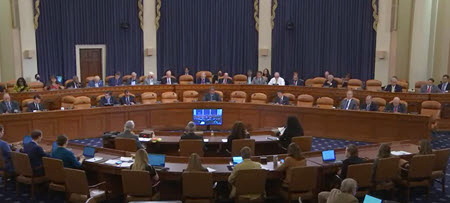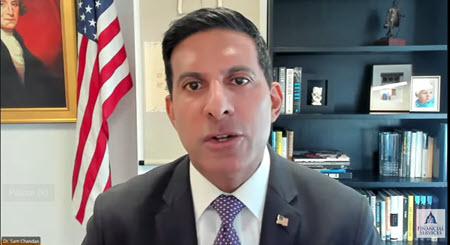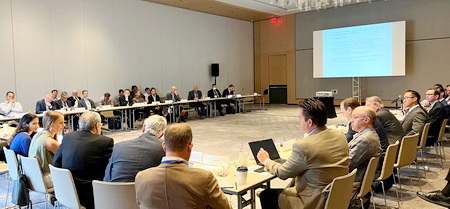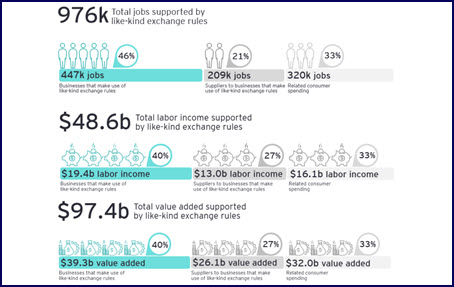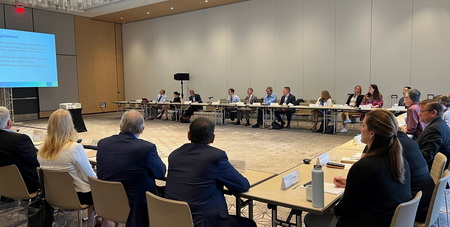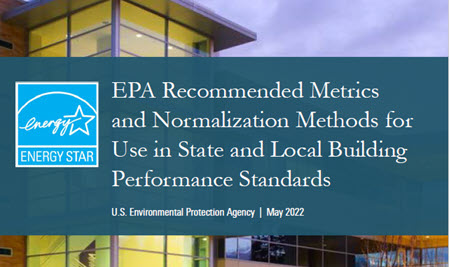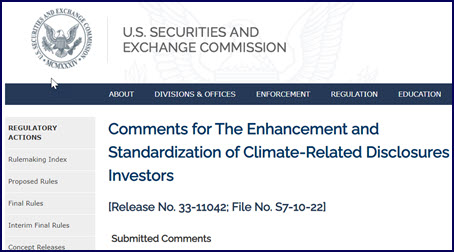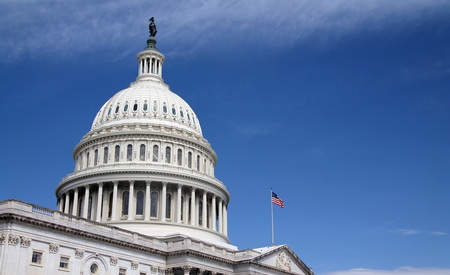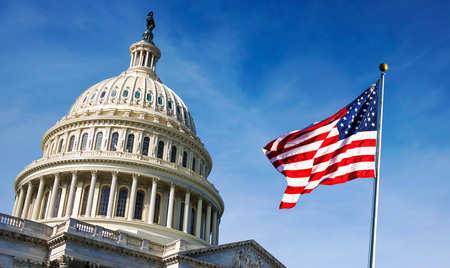The Real Estate Roundtable recently approved a 25-member Board of Directors and released its FY2022 Annual Report, “Building a More Resilient And Dynamic Future.”
New Board Members
- The Roundtable membership approved, effective July 1, the addition of the following three industry leaders to the Board:
- Leslie D. Hale, President and CEO, RLJ Lodging Trust
- Leah Nivison, Managing Director Goldman Sachs & Co. & Chair, CRE Finance Council
- Scott Rechler, Chairman & CEO, RXR Realty
- Roundtable President and CEO Jeffrey DeBoer commented, “The Roundtable is excited to welcome these business leaders who bring important perspectives from CRE’s hospitality, financial services and development sectors to our Board and Policy Agenda.”
- “We are also grateful for the three years of successful service that Amy Rose (President and Chief Executive Officer, Rose Associates) devoted to our Board of Directors, and look forward to her continued participation as a Roundtable member. Amy is stepping down after lending her expertise during an especially challenging time that spanned a pandemic-driven economic shock.” DeBoer added.
- The Roundtable’ Board is elected from the membership—and includes four to six elected leaders of national real estate trade organizations from The Roundtable’s 19 partner associations.
Annual Report

- The Roundtable’s 2022 Annual Report addresses the strength and resilience of CRE as the nation seeks greater economic stability, growth, and fairness during an evolving pandemic.
- Roundtable Chair John F. Fish (Chairman & CEO, Suffolk) and DeBoer, above, state in the introduction: “As the world faces challenges such as inflation and rising interest rates, supply chain and labor shortages, other local public policy challenges, and increased uncertainty caused by the conflict in Ukraine, the importance of a strong and resilient real estate industry has been underscored yet again. While the way these challenges manifest may be new, the threat of such challenges is something the industry has risen to time and time again.”
- Links to the Annual Report and its policy issue areas include:
The Roundtable’s membership represents over 3 million people working in real estate; some 12 billion square feet of office, retail, and industrial space; over 4 million apartments; and more than 5 million hotel rooms. It also includes senior, student, and manufactured housing as well as medical offices, life science campuses, data centers, cell towers, and self-storage properties. The collective value of assets held by Roundtable members exceeds $4 trillion.
# # #

